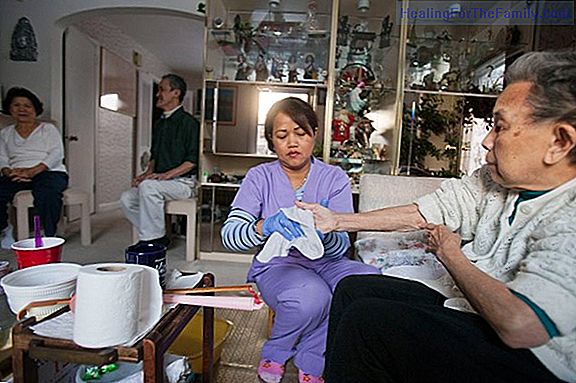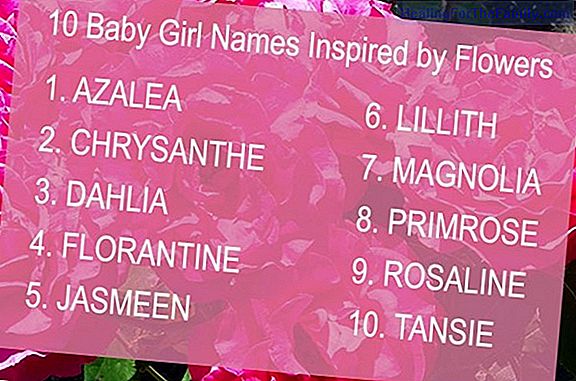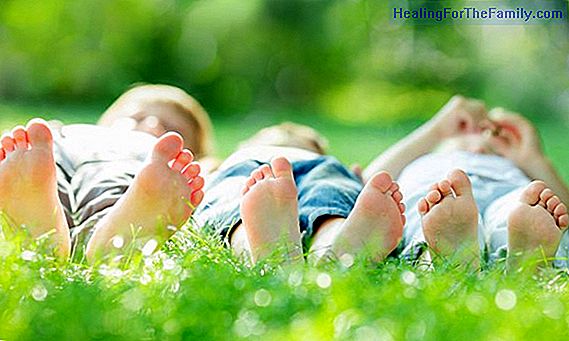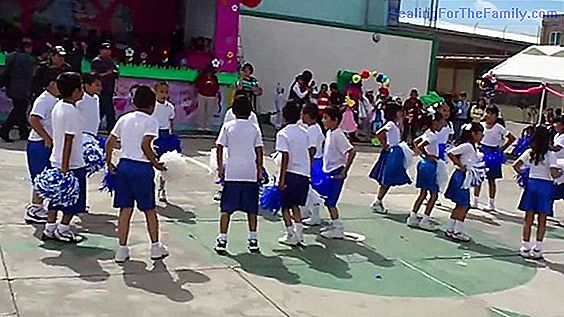Educate in sexuality. Parent's Guide
Talking to children about sexuality or sex education with them is not easy for many parents. Mónica Poblador, psychologist and specialist in Sexual Education, recognizes that naturalness is the key to talking with children of sexuality. Obviating this topic on the part of the parents can only invite
Talking to children about sexuality or sex education with them is not easy for many parents. Mónica Poblador, psychologist and specialist in Sexual Education, recognizes that naturalness is the key to talking with children of sexuality. Obviating this topic on the part of the parents can only invite the children to look for this information elsewhere, without the values that we wish to transmit.
Sexual education for parents
What are the childhood ages of the discovery of sexuality?Little by little, the baby develops new linguistic and motor skills, with which he will progressively participate and incorporate himself into his environment. Precisely, it is from then on, when it is considered that the baby 'disappears' and the child emerges. We talk about the stage that goes from 18 - 24 months to 6 years.
It is also from this moment when it will be important how curiosity or questions are resolved, the attitude that you have before your touching or the couple models, men and women, that we offer you to identify yourself.

What happens to the sexuality of children aged 6 years and older?
From 6 years to 12 years, if we ask parents about the curiosity and sexual activity of their children, many will say that it is little. However, the opposite happens, it is likely that some games continue, and that both curiosity and the importance of what you see and hear have increased. What is not seen does not mean that it does not exist. This will be a very appropriate stage to work from the important, without haste and without urgency.
How should parents respond with regard to children's discovery of sexuality?
If we consider answering, it is because we want them to continue asking us. We will value your questions as a sign of trust, and we will aim to come to you when you have some curiosity. If we are not their referents, we run the risk of other sources of information and learning, whose messages do not pursue the same objectives that we set ourselves, the formation of free, happy and responsible people.
What should we keep in mind?
- Respond with the same naturalness with which they ask. If we get scared, we scold or dodge the issue, the message with which the child stays, is that "this must be much more disturbing or striking than I thought". "
- Be clear and direct, not walk by the branches Adjust the explanation to the age and level of the child
- Open the communication channel, show availability for dialogue
- Be honest, never lieIf we do not know the answer, admit it and be willing to look for it together, valuing the question.Many of the "big messes" of sexuality and erotic relationships come from "how you have to know everything," because you can not ask, welcome the imperfect models! What should parents do with children who do not ask?
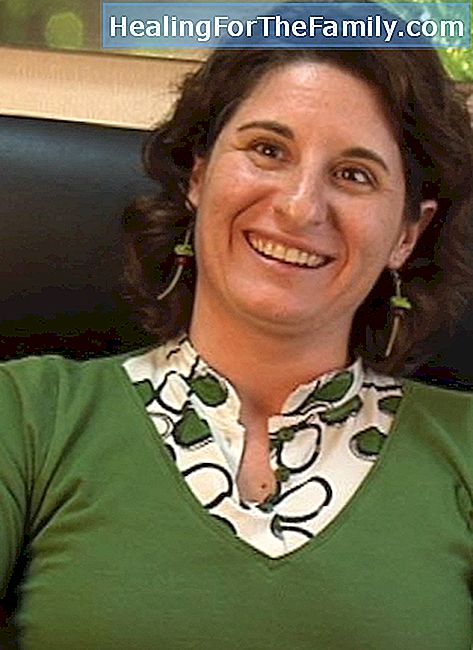
When they do not ask, it does not mean they are not curious, all children have it.The questions usually start from 4 to 6. We should talk about what to us we p It seems important, whether or not there are questions, we can take advantage of everyday situations: a pregnant neighbor, two boyfriends kissing, an image on television ... and talk about affection, love, desires, communication and the right to say no, when we talk about sexual relations.
Is it beneficial for children that parents show up naked before them?
When talking about nudity, it is inevitable to speak of the word naturalness, and what is 'being natural'? But we must not forget something very important, and that is that there are fathers and mothers who feel shame, who are ashamed and who do not feel comfortable being naked in front of their sons or daughters. Being natural means: showing you how you are. What better way to cover the main goal of sex education: accept and feel comfortable as you are, in your own skin. It is about each parent, each mother, establishing their own limits, from the certainty that 'the vision' neither harms nor benefits.What should be the position of parents against the modesty of children?
It is normal that with puberty, boys and girls show some modesty, it is something that we should respect. To no father or mother, it would occur to him to go to remove the towel to expose them to the naked one abruptly. We can try to offer children models of acceptance of their own body, with its virtues and defects. Talk with them from understanding and tranquility, as reference models that we are: 'at your age it also happened to me, I believe that the naked body is something beautiful, changes are taking place in your body and you can feel strange, everyone has its rhythm, what is going to happen to you is .... 'Another form of modesty is when they protest the questions we ask them about sexuality: 'Jo, mom, or dad, do not talk about that'. Then again, respect, respect the silences, which usually occur in preadolescence, with the arrival of modesty. Do not insist, do not press, do not impose. To talk, you must first learn to listen, and when you know you are not going to insist, that you will respect your silence, you will probably start to really listen. And they will ask us again.
Marisol Nuevo.
Source consulted:
the text is taken from"Building Sexualities"(CEAPA, 2008) and other publications ofCarlos de la Cruz. Director Official Master in Sexology UCJC.



